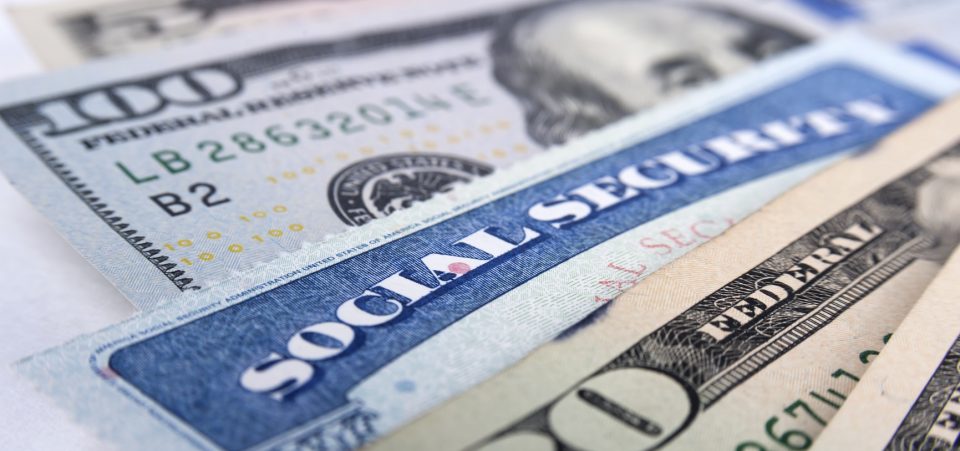12 Million Workers Will Be Affected by the Payroll Tax Surge
According to new changes from the United States Social Security Administration, high-income workers could see their payroll taxes surge in the coming year.
Almost 12 million working Americans could owe as much $539.00 in Social Security payroll taxes through the 2017 year, mainly because the base salary being taxed has increased. (Source: “The Big Winners and Losers in America’s Social Security System,” The Wall Street Journal, October 28, 2016.)
The highest income level taxed was $118,500, but that is set to rise on January 1 by 7.3% to $127,200.
By bumping up the “wage base” on the payroll tax, the Barack Obama Administration is subtly changing the calculus of givers and takers to the old age pension scheme. Under this system, people who earn more money are going to be paying a greater share of the input costs.
However, that doesn’t mean their share of the take will be higher come retirement time.
The program is designed to favor lower-wage workers, making them the ultimate beneficiaries of the program. High-wage workers often get less in payments than they originally contributed. Some calculations show that $65,000/year in salary is the level at which the measure turns.
Analysis done by the Tax Policy Center shows the discrepancy between the benefits of low- and high-wage workers.
A low-wage couple with only one income of $22,500 would have paid $129,000 in payroll taxes. However, the couple could receive up to $309,000 in lifetime benefits, more than twice what they contributed to the system.
By contrast, if both were earning above $118,500—an income of more than $59,500 each—they would have contributed roughly $1.36 million in payroll taxes. They would probably only get 75% of that back, meaning it would be less than what they paid in.
That is the reality of payroll taxes.
If the numbers are viewed nominally though, we can see that single-earning low-wage workers pay taxes and only receive half the benefits earned by dual-income households.
So, while they are technically the “winners” of the Social Security scheme, they are not the best off at the end of the day. Younger generations of Americans have a more legitimate grievance, since the mass retirement of baby boomers are putting a strain on the Social Security trust fund.






